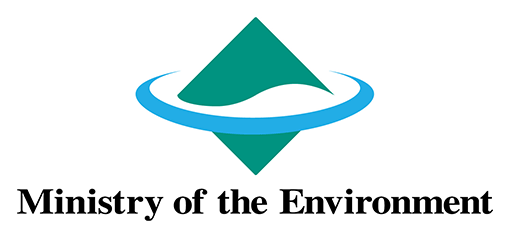This project seeks to explore the diversity of forest organisms and functions across latitude and elevation in South-East Asia by collecting and recording insect specimens to explain whether community assembly is spatially and temporally stratified at various spatial scales.
Initially, identification would be restricted to taxonomic orders and families, but funding from BIFA will allow extra resources to identify specimens to genus and species level and properly digitize the biodiversity data.
Based on a solid collaboration between Xishuangbanna Tropical Botanical Garden, China and Mahidol University, Thailand, this project will include sampling at Mo Singto, Khao Yai National Park and Klong Naka Wildlife Sanctuary—both in Thailand.
Project progress
In August 2020 two team members attended the online BIFA Capacity Enhancement workshop and gained advanced and basic badges, and by middle of 2021 the project had extracted all specimens of the target taxonomic groups (beetles, moths, and hymenopterans) from all samples collected during fieldwork undertaken in southern Thailand.
Due to then the COVID-19 pandemic however and strict travel restrictions imposed in the project’s region and countries, many activities planned such as international travel and specimen transportation were delayed or cancelled, which hugely impacted and delayed the project. Despite such difficulties though, the project team sought and found ways to overcome issues, such as utilizing online platforms to conduct meetings and specimen identification, as well as engaging local assistance where possible.
By final reporting the project had completed specimen sorting and identification, meta-barcoding samples (although data was not obtained from many degraded samples), and published to GBIF four datasets (moth family, moth species, beetle, and hymenoptera).
In addition to this the project team undertook several additional activities such as online conferences during its implementation to advertise the importance of ecological research and data sharing across the broader communities. This included in October 2021 the project being presented at the One day Canopy Conference online where over 100 participants from more than 20 countries joined. The project and its results were also presented by the team at the 4th Environment and Natural Resources International Conference in Bangkok (online) in September 2021 and the project lead gave seminars at various universities, such as at Sun Yat Sen University, China, in May 2022, about his recent research and the importance of data sharing using online platforms such as GBIF.
Post project the team envisages continuing its data publication, as well as showcasing the results of this project at the forthcoming 8th International Canopy Conference, 15-19 October 2023 in Xishuangbanna, China, which is hosted by the project lead, Nakamura.


